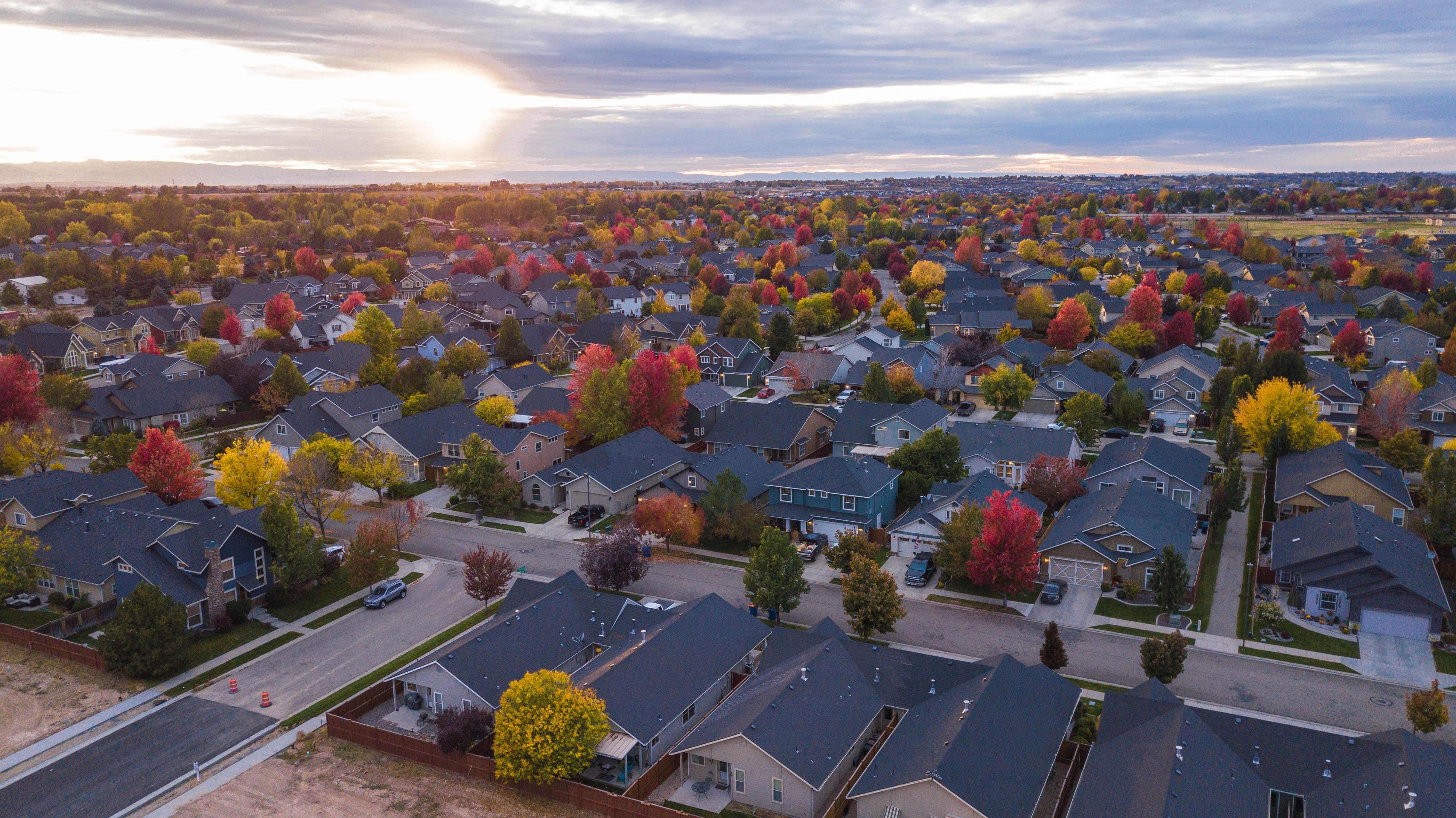Amazon’s latest stride towards creating a Smart Home is Amazon Sidewalk, available from 14 June 2021.
While Sidewalk could enable communities to power their smart devices with more consistency, customers have also expressed privacy concerns. So much so, in fact, that Amazon has released a whitepaper explaining why the solution is safe.
What does Amazon Sidewalk mean for your privacy, then? And should you be concerned?
What Is Amazon Sidewalk?
A shared network for communities, Amazon Sidewalk aims to help smart home devices work more reliably. The service covers outdoor lights, security cameras, motion sensors, and more.
With Amazon Sidewalk, devices will emit radio and Bluetooth signals using a house’s Wi-Fi. These devices will create a network with others, even if they’re not from the same household. In effect, it will help these gadgets work even if one home’s internet goes down.
The network won’t cost anything to users who want to use the service, which makes this seem like a great addition to the Amazon family.
Amazon Sidewalk: Privacy Concerns
Shared networks constantly feature under the spotlight when it comes to potential privacy concerns. Unsurprisingly, Amazon Sidewalk is no different in this respect.
One primary concern surrounds how Amazon will use data collected on the network. The company has received criticism for its data handling practices.
For example, former employees in Europe and the US told POLITICO in February 2021 that the company doesn’t do enough to protect the information it collects.
Amazon’s devices also collect a lot of data as it is. The Ring doorbell, for instance, keeps track of all motion when someone presses on a doorbell. And Amazon One, a fast checkout solution, allows customers to pay for groceries with their palms in various US locations.
Another worry is the threat of hackers. Yes, Amazon has said that Sidewalk uses encryption and other security practices. But no network is bulletproof; if a cyber attacker wanted to, there’s every chance that they could break into the network.
Should You Turn Amazon Sidewalk Off?
All Amazon smart home device users will have Amazon Sidewalk turned on by default. So it’s essential to explore whether or not you want to turn this feature off.
Though concerns about hackers are fair, Amazon has mentioned that it uses multiple levels of encryption. The company has also said that it uses data minimization to reduce “the use of metadata wherever possible”.
Amazon added that it will not use data for its own benefit. So, your information won’t be stored for commercial purposes.
One important area to note from Amazon’s whitepaper is is how the company points to trust as being an essential factor in making Sidewalk work:
“As a crowdsourced, community benefit, Amazon Sidewalk is only as powerful as the trust our customers place in us to safeguard customer data.”
You’ll need to decide for yourself whether or not you trust Amazon enough with your data to use Sidewalk. If the answer is no, then it might be a good idea to think twice about enabling the feature.
If you want to turn Amazon Sidewalk off, it's fortunately relatively simple to do.
Amazon Sidewalk and Data Privacy: The Choice Is Yours
Amazon Sidewalk will allow neighborhoods to use their smart home devices better. But data sharing on this level, both with Amazon and others, naturally comes with significant concerns.
Amazon Sidewalk uses high levels of encryption, while the company says that it won’t use your data for its own benefit. At the same time, though, the risk of hacks always exists in some capacity.
Using Amazon Sidewalk is your choice. As the company says, trust is a crucial factor. If you trust Amazon and think you’ll find Sidewalk helpful, try it. But if you don’t, consider switching it off.



